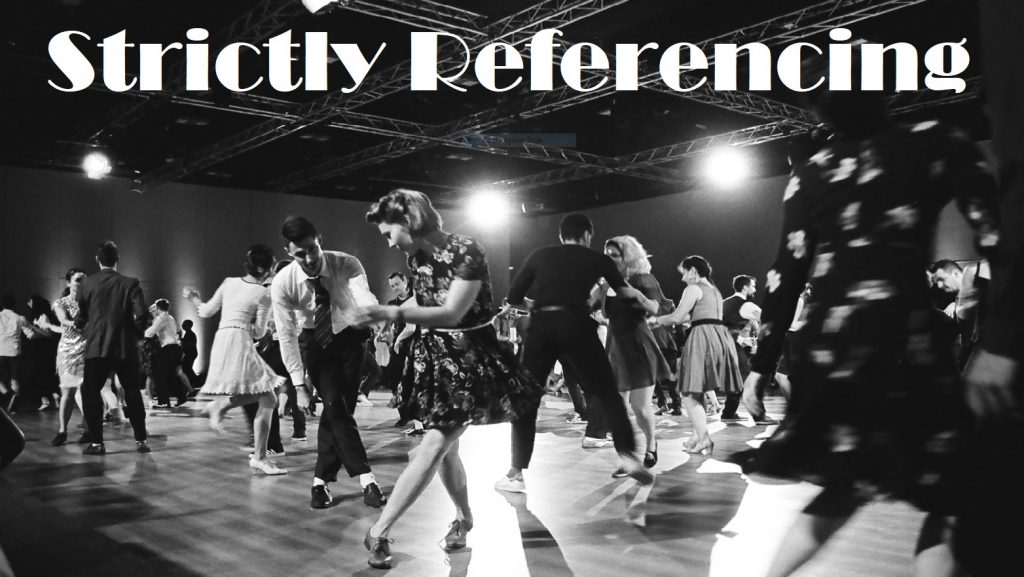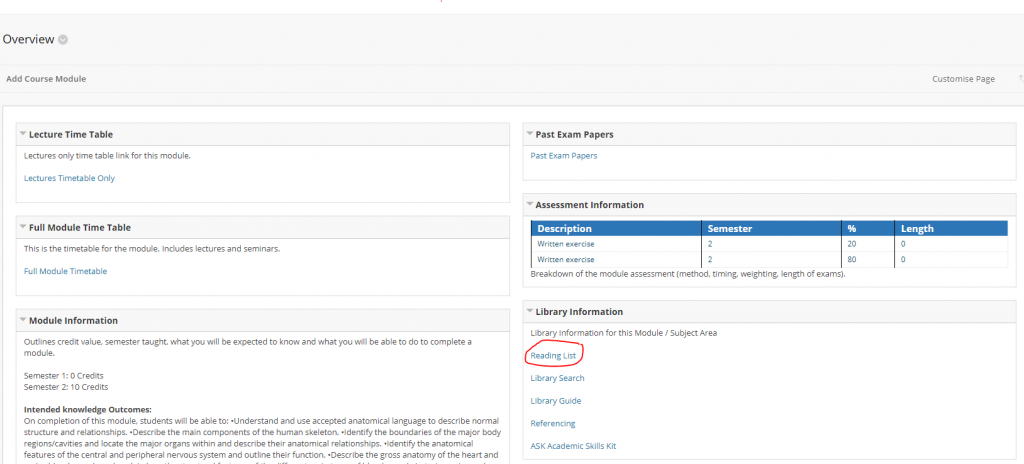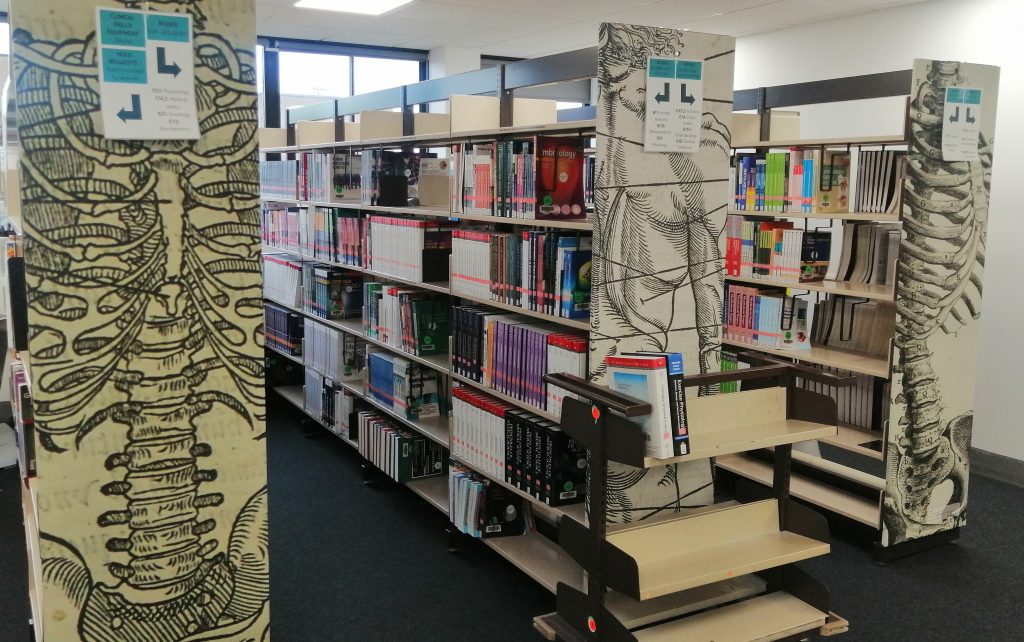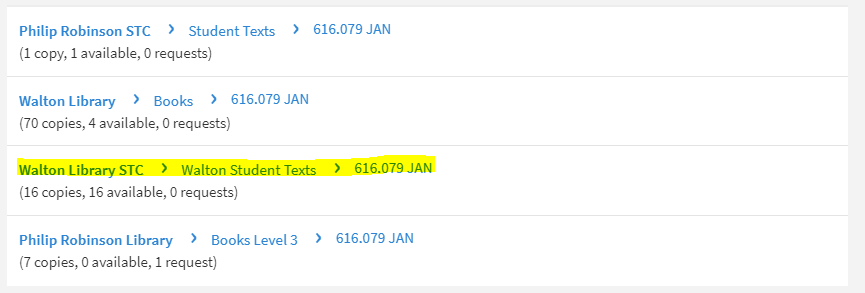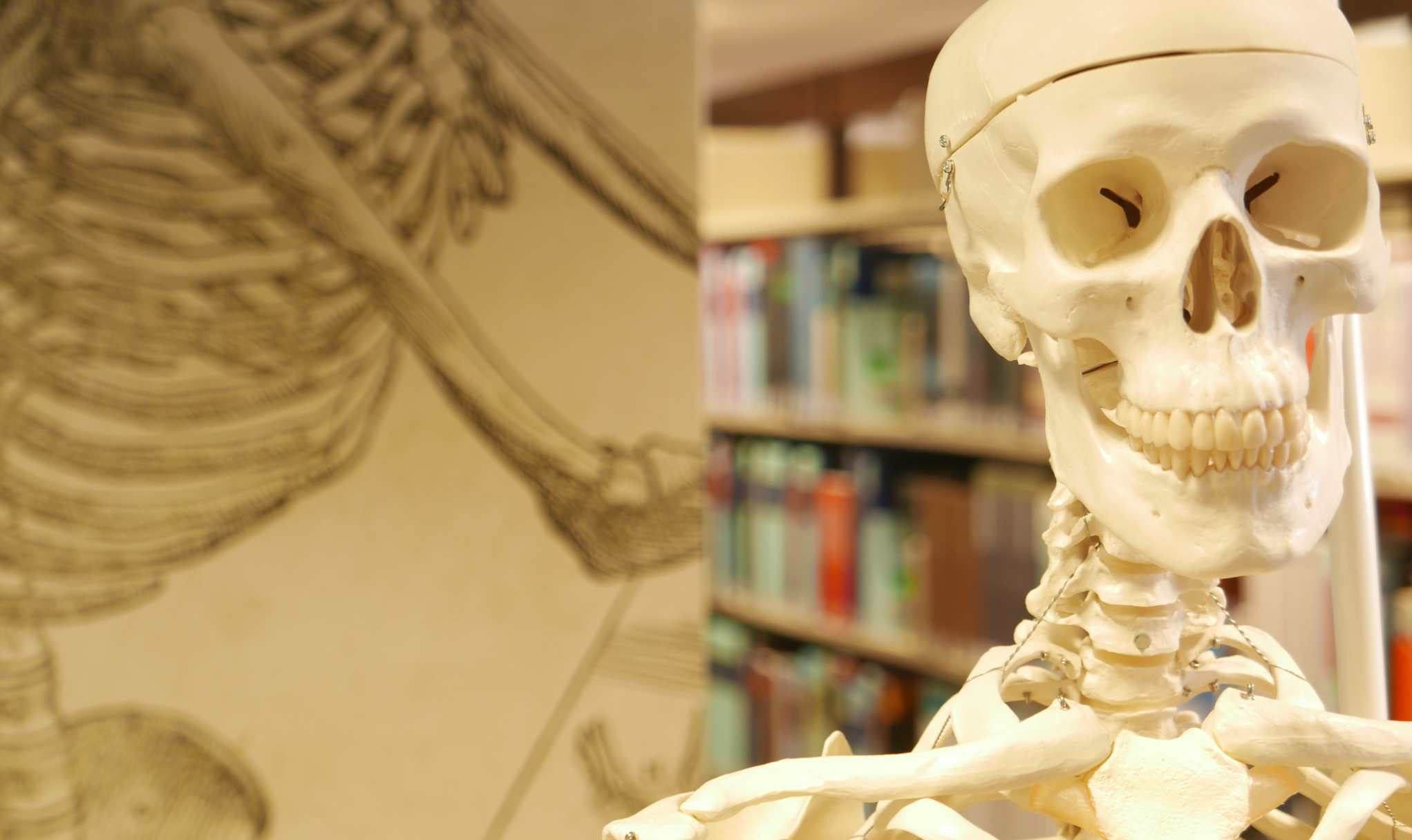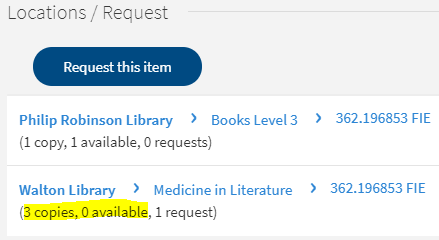
While exams may seem a long way away, it’s important to be prepared for them. You can minimise stress and maximise efficiency with a good revision timetable and organised notes.
You can also find helpful material to aid your revision at the Walton Library. Your subject support guide is full of information and resources, tailored to suit your programme of studies. There are boxes of flash cards covering a number of subjects available to borrow from our long loan collection – ask at the service desk if you are interested in loaning a set. You may also find it helpful to broaden your revision from notes and textbooks to include clinical skills equipment and books from our MCQ (Multiple Choice Question) section. This could be the difference between a good and a great exam result! You’ll find more information about both of these collections in this blog post, as well as where to find them and how to loan them.
Multiple Choice Question (MCQ) books
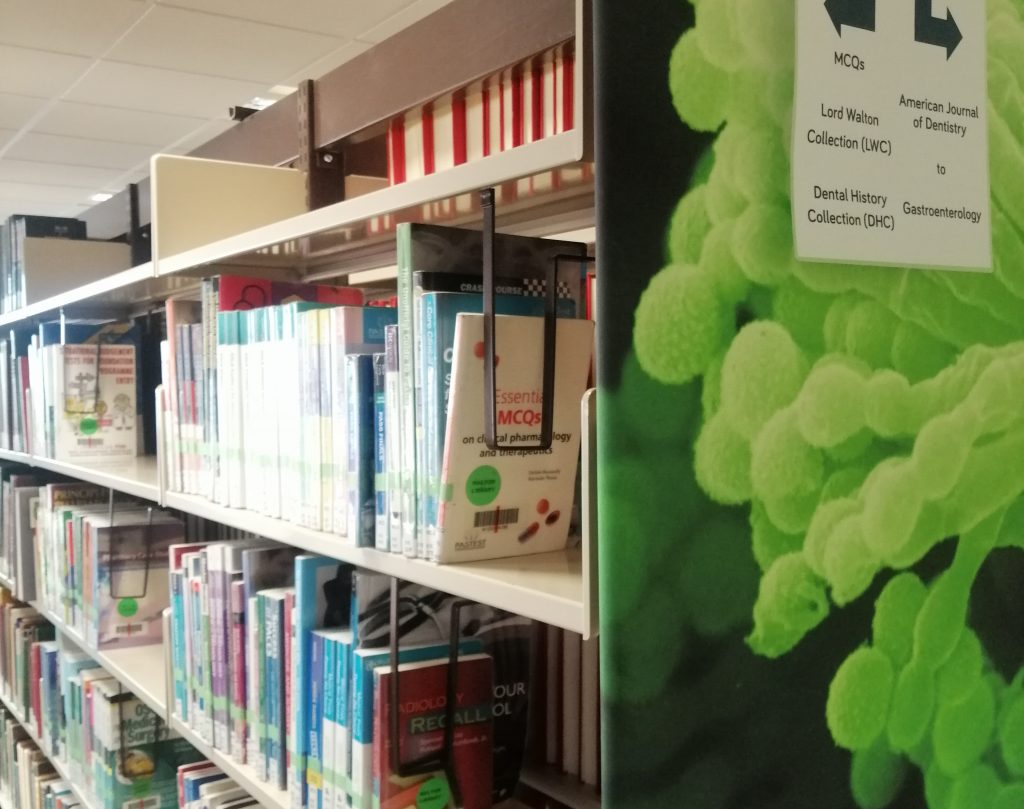
There are a variety of topics covered in our Multiple Choice Question (MCQ) section. Within the collection, you’ll find books to on a number of subjects from anaesthesia to surgery. There are also books to aid revision for specific exams – including OSCEs, PACES and MRCS.
If you’d like to browse the MCQ collection, go to Library Search. You’ll need to click the ‘Advanced Search’ link and then change the “Any field” drop down menu to say ‘Collection’. In the text space, enter “MCQs” and you can view the entire collection. You can narrow down your search by adding a subject, author or title if you’re interested in a specific topic.
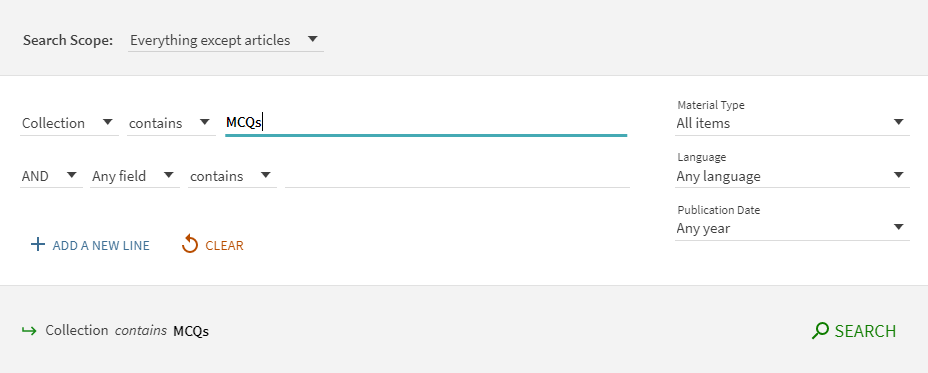
You can find the MCQ collection in the quiet study area of the Walton Library. They’re easily identifiable by the green stickers on the book’s spine.
The books are long loan – meaning you can have them for up to 20 weeks, providing they’re not requested by another Library user. If the MCQ book is already on loan, follow these instructions to place a request.
If there is a book you think would help your exam revision, use our Books on Time service and recommend it. Find out more about this service here.
Clinical skills equipment
At the Walton Library, there is a wide selection of clinical skills equipment available to loan. There are medical tools, like tendon hammers, sphygmomanometers and otoscopes. Anatomical models, such as skulls and teeth. Plus eye charts, DNA models and even a spine! (A model one, that is.)
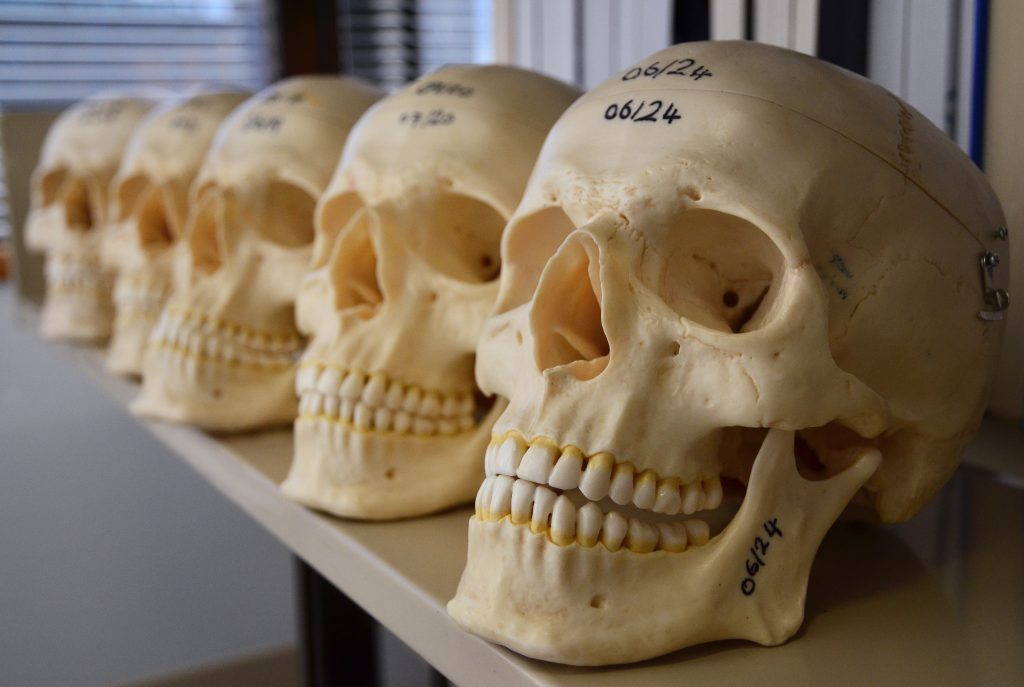
The main bulk of clinical skills equipment is located behind the service desk at the Walton Library. Ask a member of staff and they’ll retrieve it for you. You can have up to three clinical skills items on loan at any time. Unfortunately, you can’t place requests on the items if they’re all out on loan.
There are also a small number of skulls available to loan from the Student Texts Collection (STC) room. You can loan them using the self-issue machine in the STC.
You may have also noticed a collection of anatomical models on a table in the collaborative study area. These models are free to use within the Library for as long as you like – but they can’t be taken out of the Library.
Clinical skills equipment items are available as a next day loan. This means that if you borrow a skull at 9AM on a Monday morning, it needs to be returned before the Walton Library closes on Tuesday. Items in the clinical skills equipment collection are non-renewable.
Beyond the Walton, there is exam and revision assistance available from the wider Library services and the University. You may find it useful to check out the Academic Skills Kit (ASK) to learn more about different revision strategies and exam techniques. You can also use ASK to find out about available counselling and chaplaincy services to help combat exam stress. Follow this link to ASK!

